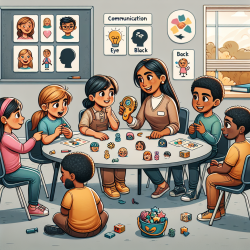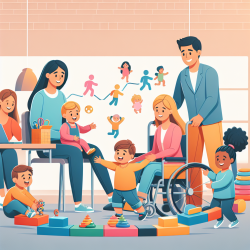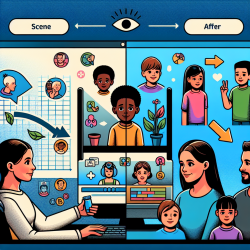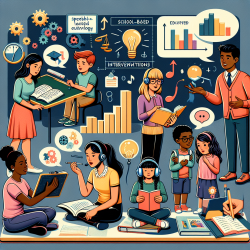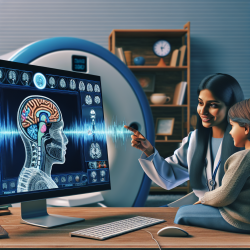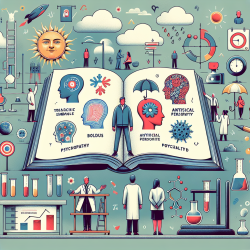Social Skills Training (SST) is an essential intervention designed to enhance the social abilities of individuals with Autism Spectrum Disorder (ASD). It involves structured adult-directed instruction aimed at improving various social skills. SST is recognized as an evidence-based practice that meets the criteria set by the National Professional Development Center on Autism Spectrum Disorder (NPDC).
The Evidence Base for SST
SST has been validated through rigorous research, including eight single-case design studies and seven group design studies. These studies demonstrate its effectiveness for learners ranging from preschoolers to high school-age individuals with ASD. The practice addresses multiple developmental outcomes, including social interaction, communication, behavior management, play skills, and cognitive development.
Why Implement SST?
Effective social skills are critical for successful integration into educational and community settings. SST provides a structured approach to teaching these skills, which can lead to improved social interactions and communication abilities. It incorporates various instructional strategies such as modeling, role-playing, video modeling, prompting, and reinforcement.
Implementing Social Skills Training
SST can be implemented in both individual and group formats. The choice between these formats depends on factors such as the developmental level of the learner, resource availability, and scheduling constraints. Here's a step-by-step guide to implementing SST:
- Planning: Determine if training will be individual or group-based. Select peers for participation if applicable and conduct a social skills assessment to identify areas of need.
- Lesson Development: Select lesson content based on the needs of the learners and decide on a consistent format for each session. Prepare materials and select appropriate instructional strategies.
- Execution: Implement the training sessions as planned. Ensure that feedback is provided and skills are practiced outside the training environment to promote generalization.
- Monitoring: Collect data on the learners' use of target skills to assess progress. Make necessary adjustments based on data analysis to optimize outcomes.
The Role of Parents and Educators
Parents and educators play a crucial role in supporting SST. They can reinforce learned behaviors at home or in school settings by providing opportunities for practice and offering positive reinforcement. Involving family members can significantly enhance the generalization of social skills across different environments.
SST in Various Settings
SST is versatile and can be conducted in schools, clinics, or community-based environments. The inclusion of peer models or tutors often enhances the practice by providing real-world interaction opportunities for learners with ASD.
Conclusion
SST is a proven intervention that equips individuals with ASD with necessary social competencies, thereby facilitating better integration into society. By adhering to evidence-based practices and involving both educators and family members in the process, SST can significantly improve outcomes for learners with ASD.
For more information on implementing Social Skills Training effectively, please follow this link.
